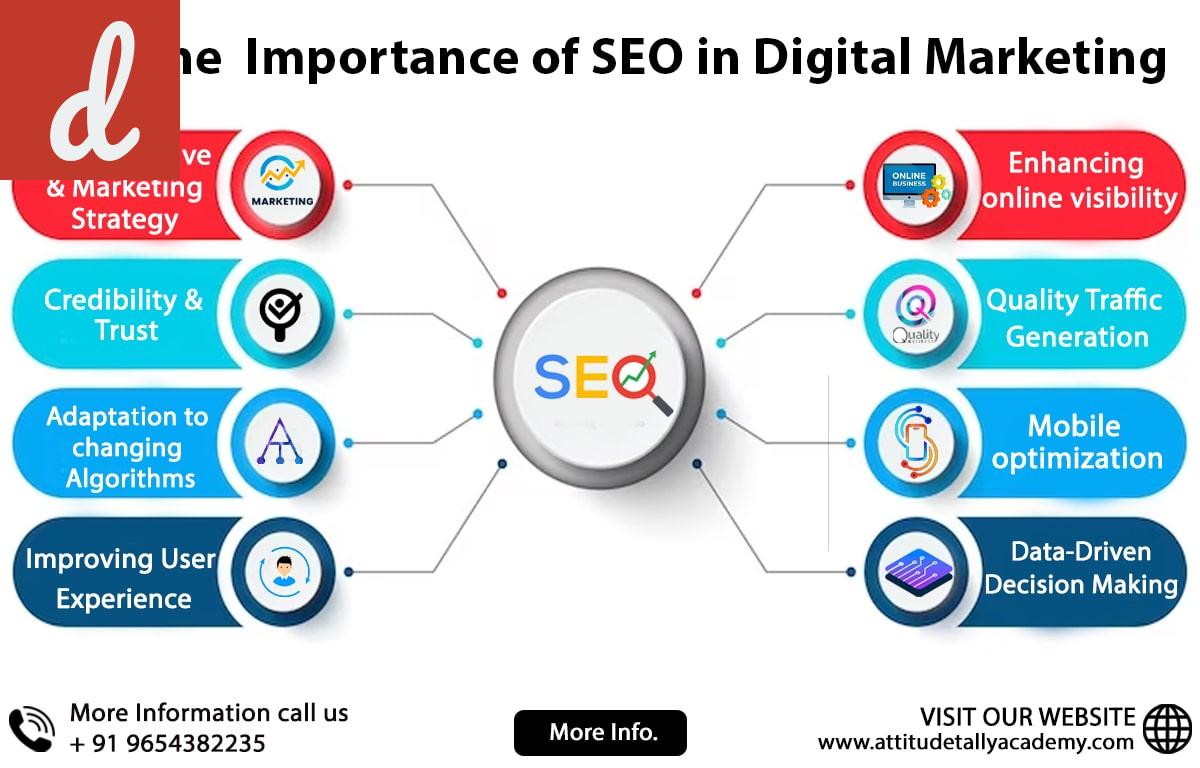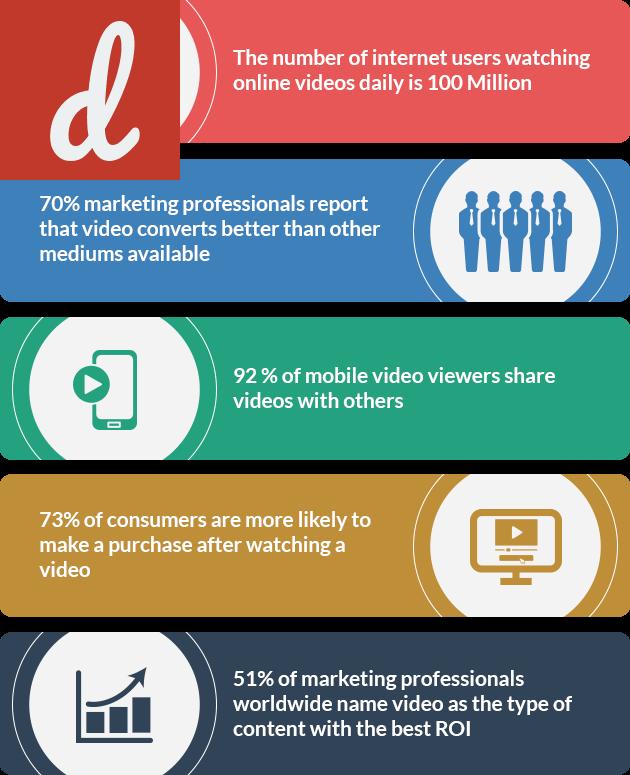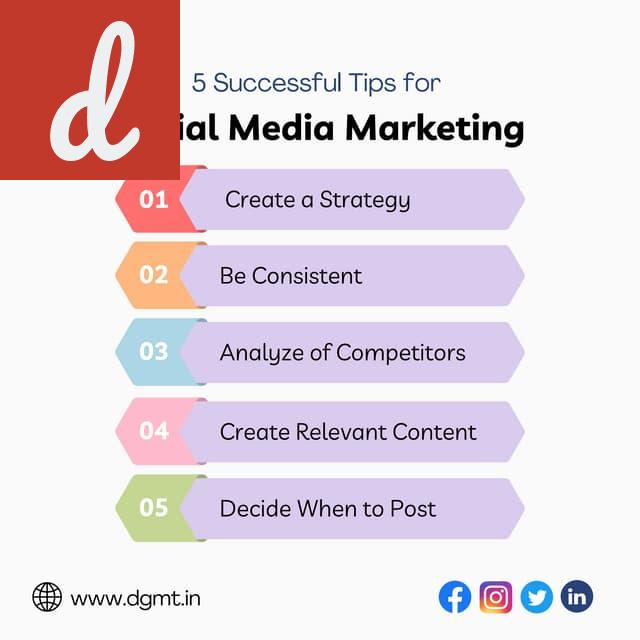Boosting Your Digital Marketing Strategy with SEO
Having a strong digital marketing strategy is now more important than ever in the age of technology and online connectivity. One of the most effective tools to enhance your digital marketing efforts is Search Engine Optimization (SEO). SEO is the process of optimizing your website and online content to improve its visibility and ranking on search engine results pages.
Implementing effective SEO techniques can significantly boost your digital marketing strategy and improve your online presence. By incorporating SEO practices into your overall marketing approach, you can drive more organic traffic to your website, increase brand visibility, generate leads, and ultimately, increase sales.
- Improve Website Visibility:
- By focusing on relevant keywords and optimizing your website, you can improve its visibility on search engine result pages (SERPs). When people search for products or services related to your business, your website will be more likely to appear in their search results.
- Drive Organic Traffic:
- SEO helps your website rank higher in organic search results, increasing the chances of getting more organic traffic. The higher your website ranks, the more visibility it gets, leading to increased click-through rates and visits to your website.
- Generate Quality Leads:
- By implementing effective SEO strategies, you can attract targeted traffic to your website. These visitors are more likely to be interested in your products or services, increasing the likelihood of converting them into quality leads.
- Build Brand Authority:
- Ranking higher in search engine results enhances your brand's credibility and authority in the eyes of your target audience. People are more likely to trust and choose businesses that appear on the first page of search results.
To boost your digital marketing strategy with SEO, it is vital to understand and implement different SEO techniques. Start by conducting thorough keyword research to identify relevant keywords that your target audience is searching for. Incorporate these keywords strategically into your website's content, meta tags, headers, and URLs.
Ensure that your website is user-friendly and mobile-responsive. Search engines prioritize websites that provide a positive user experience. Optimize your website's loading speed, improve its navigation, and make it easy for users to find the information they need.
Quality content is key to successful SEO. Create informative and engaging content that answers the queries of your target audience. This will help improve your website's visibility and encourage users to stay longer on your site.
Regularly monitoring and analyzing the performance of your SEO efforts is crucial. Use tools like Google Analytics to track important metrics such as organic traffic, keyword rankings, and bounce rates. This data can provide valuable insights into the effectiveness of your SEO strategies, allowing you to make necessary adjustments to further enhance your digital marketing strategy.
In conclusion, SEO is an indispensable component of a successful digital marketing strategy. By implementing effective SEO techniques, you can improve your website's visibility, drive organic traffic, generate quality leads, and build brand authority. Remember to conduct thorough keyword research, optimize your website's user experience, create quality content, and regularly monitor your SEO performance. With a solid SEO foundation, your digital marketing strategy will have the potential to reach new heights.
Main Title: Maximizing the Benefits of SEO in Digital Marketing
The world of digital marketing has witnessed remarkable growth in recent years, thanks to the advent of search engine optimization (SEO) techniques. SEO acts as a driving force for businesses, helping them to increase their online visibility, target potential customers, and improve their overall sales and revenue. In order to make the most of SEO, it is essential for businesses to understand the key strategies and best practices to implement. By doing so, they can effectively maximize the benefits of SEO in their digital marketing efforts.
One of the crucial aspects of SEO is keyword research. By identifying and targeting relevant keywords, businesses can ensure that their website appears on search engine result pages (SERPs) when users search for related products or services. Keyword research involves understanding the language and terms used by potential customers and incorporating them strategically throughout website content.
- Capitalizing on long-tail keywords: Long-tail keywords are specific phrases that potential customers use when they are in the advanced stages of the buying process. It is important to optimize your website for these long-tail keywords to attract highly targeted traffic and increase the chances of conversions.
- Competitor analysis: Analyzing your competitors' digital marketing strategies can provide valuable insights into the keywords they are targeting. By adopting a similar approach and optimizing your website accordingly, you can gain a competitive edge and attract more relevant traffic.
Moreover, creating high-quality and engaging content is crucial for successful SEO. Search engines prioritize websites that offer informative and valuable content to their users. Content marketing is an effective strategy to improve search engine rankings and attract the right audience.
Here are a few tips to enhance your content marketing efforts:
- Create original and well-researched content: Publish unique and informative articles, blog posts, and product descriptions that provide valuable insights to your target audience.
- Use visual elements: Incorporate relevant images, videos, and infographics to make your content more engaging and visually appealing.
Furthermore, link building plays a crucial role in boosting the visibility and credibility of your website. When reputable websites link back to your website, search engines perceive it as a vote of confidence in your content and increase your website's ranking.
Here are a few strategies to build high-quality backlinks:
- Guest blogging: Contribute valuable content to relevant websites in your industry. In return, you can include a link back to your website in your author bio or within the content itself.
- Reach out to influencers: Collaborate with influential figures in your industry and request them to mention or link to your website in their content.
In conclusion, by understanding and implementing key SEO strategies, businesses can effectively maximize the benefits of SEO in their digital marketing efforts. Keyword research, content marketing, and link building are essential components for achieving higher search engine rankings, driving targeted traffic, and ultimately increasing conversions and revenue. Start incorporating these strategies into your digital marketing plan and enjoy the long-lasting benefits of SEO.
Why SEO is Essential for Successful Digital Marketing
In today's digital age, the success of any business heavily relies on its online presence. With the ever-increasing number of websites and online competition, it is becoming more challenging for businesses to stand out and attract potential customers. This is where search engine optimization (SEO) comes into play.
SEO is the science and art of optimizing a website so that it ranks high in search engine result pages (SERPs). When a user searches for a particular keyword or phrase, search engines like Google and Bing aim to provide the most relevant and valuable results. By implementing SEO techniques, businesses can increase their visibility and drive organic traffic to their websites.
So, why is SEO essential for successful digital marketing? Let's delve into some key reasons:
- Increased Organic Traffic: SEO helps businesses rank higher in search engine result pages, ultimately leading to increased organic traffic. When a website appears on the first page of search results, it is more likely to receive clicks and visitors. This can significantly boost brand exposure and generate potential leads for conversion.
- Improved User Experience: Search engines prioritize websites that provide a seamless and positive user experience. SEO involves optimizing website loading speed, improving mobile responsiveness, and creating easy navigation. By focusing on these aspects, businesses can enhance user experience, reduce bounce rates, and increase the chances of user engagement.
Furthermore, SEO also involves creating high-quality and relevant content that meets the needs and interests of the target audience. By consistently producing valuable content, businesses can establish themselves as industry leaders and attract a loyal customer base.
Enhanced Brand Credibility: When a website ranks high in search engine results, it is perceived as more trustworthy and credible by users. People tend to trust search engines and believe that the top-ranking websites are the most reputable. By investing in SEO, businesses can build brand credibility and establish themselves as industry leaders.
Cost-effective Marketing: Compared to traditional advertising methods such as TV commercials or print ads, SEO offers a cost-effective marketing solution. While it does require an initial investment and ongoing efforts, the long-term benefits outweigh the costs. Unlike paid advertising, which stops generating results once the budget is depleted, SEO continues to drive organic traffic and yield results over time.
Ultimately, SEO is an essential component of successful digital marketing. It allows businesses to enhance their online visibility, increase organic traffic, improve user experience, and establish brand credibility. By implementing SEO strategies and staying up to date with search engine algorithms, businesses can stay ahead of the competition and achieve their marketing goals.

Unleashing the Power of SEO in Your Digital Marketing Campaign
Digital marketing has revolutionized the way businesses promote their products and services online. In this era of cut-throat competition, it is crucial for companies to stay ahead by leveraging every available tool. One such tool that has proven its effectiveness time and again is Search Engine Optimization (SEO).
SEO is the process of improving a website's visibility and search ranking on search engine result pages (SERPs). It focuses on organic, unpaid results rather than paid advertising. By implementing a well-planned SEO strategy, businesses can drive targeted traffic to their website, increase their online visibility, and boost their conversions and revenue.
- Increased Website Traffic: SEO helps in improving your website's ranking on search engines. When your website appears on the first page of search results, it is more likely to receive higher click-through rates and attract more organic traffic. With SEO, you can tap into a vast pool of potential customers searching for the products or services you offer.
- Improved User Experience: SEO not only focuses on optimizing your website for search engines but also for users. By optimizing your website's design, structure, and content, you can provide a seamless and user-friendly experience. This results in increased engagement, longer on-site time, and lower bounce rates, all of which are ranking factors for search engines.
Implementing a successful SEO strategy involves a mix of technical and creative elements. It includes keyword research, on-page optimization, off-page optimization, link building, content creation, and more. To ensure maximum SEO effectiveness, it is crucial to stay up-to-date with the latest search engine algorithm updates, industry trends, and best practices.
Partnering with an experienced digital marketing agency or SEO expert can help you navigate the complexities of SEO and stay ahead of the competition. They can conduct a thorough analysis of your website, identify areas for improvement, and develop a customized SEO strategy tailored to your business goals.
In conclusion, SEO plays a vital role in any digital marketing campaign. It offers businesses the opportunity to increase website traffic, improve user experience, and ultimately, generate more leads and sales. By investing in SEO, you can unleash its power and take your business to new heights in the online world.
Strategies for Integrating SEO into Your Digital Marketing Plan
In today's digital landscape, having a strong online presence is essential for any business. One key aspect of creating an effective online presence is search engine optimization (SEO). SEO is the process of optimizing your website and content to improve its visibility on search engine results pages (SERPs). If you want to drive organic traffic and grow your business online, it's crucial to integrate SEO into your digital marketing plan. Here are some strategies to help you get started:
1. Conduct keyword research: Keywords are the foundation of SEO. They are the words and phrases that people use when searching for information online. Research and identify the keywords relevant to your business and target audience. Use tools like Google Keyword Planner or Moz Keyword Explorer to find popular and relevant keywords with low competition.
2. Optimize your website: Make sure your website is search engine friendly by optimizing its structure and content. Use SEO best practices like including the keyword in your page titles, meta descriptions, headings, and URL structures. Ensure your website loads quickly and is mobile friendly, as these are also ranking factors.
- List item 1: Create unique and high-quality content regularly. Search engines love fresh and valuable content. Publish articles, blog posts, and videos that are informative, engaging, and relevant to your audience. Incorporate your target keywords naturally within your content.
- List item 2: Build high-quality backlinks. Backlinks are links from other websites to yours. They act as votes of confidence in your content. The more quality backlinks you have, the higher your website will rank in search results. Reach out to authoritative websites and request them to link to your content or guest blog on their site.
3. Optimize for local search: If you have a physical location, optimizing your website for local search is crucial. Include your city or region in your keywords and content. Register your business on Google My Business and other online directories. Encourage satisfied customers to leave reviews to improve your online reputation and increase your chances of appearing in local search results.
4. Monitor and analyze your performance: Regularly monitor your website's performance using tools like Google Analytics. Keep track of your keyword rankings, organic traffic, and conversion rates. Analyze this data to identify areas for improvement and optimize your digital marketing efforts accordingly.
Integrating SEO into your digital marketing plan requires time and effort, but the benefits it brings are worth it. By implementing these strategies, you can enhance your online visibility, attract more organic traffic, and ultimately drive business growth. Remember, staying up-to-date with SEO best practices and industry trends is essential for long-term success. Start optimizing your digital marketing efforts with SEO today!



Comments on "The Importance Of SEO In Digital Marketing "
No comment found!